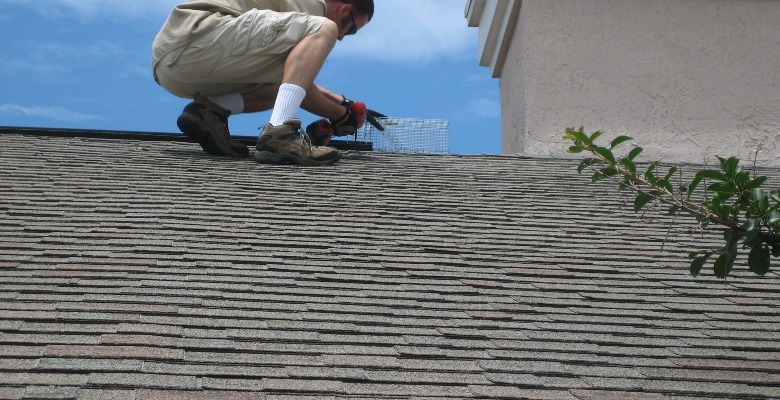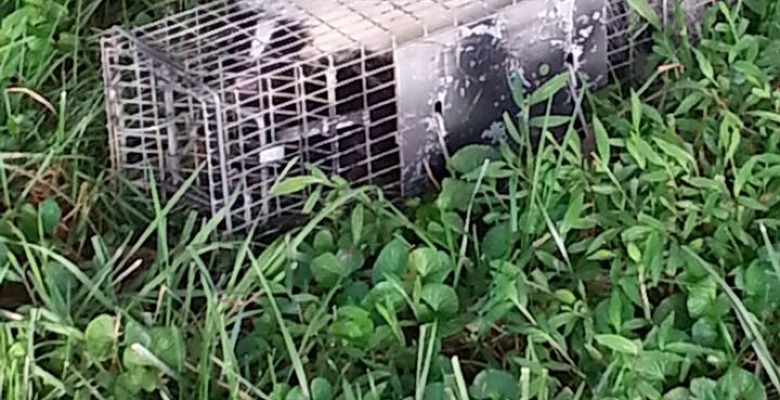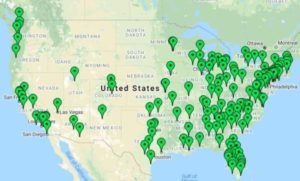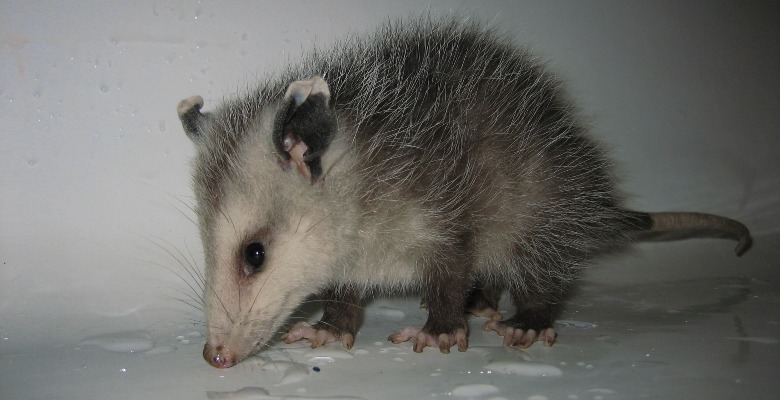It's you're lucky day; you've finally found a website that talks about wild animal repellant. Finally, you're about to find out what you need to...


If you live in a rural setting, there will always be a risk for you to encounter wildlife around your home. With the proper prevention methods, however, those situations can be few and far between, and the chances of an animal staying will be minimal. As a homeowner, there are a number of things you can do to keep wild animals away, and these involve:
We can help! As America’s largest wildlife control company, we service over 1000 locations across the USA. Call us today to check our prices in your town.
Cleaning up debris around the home: Animals that enter a yard are looking for one of two basic needs: shelter or food. Piles of debris around the home make ideal cover for creatures like mice and rats, and if the debris pile is large enough, skunks and other sizeable wild animals may take an interest. A debris pile takes some of the building effort away from the animal; all it has to do is move in and make itself comfortable.
Keeping structures in good repair: The buildings on your property are there to provide shelter for you, your family, and the items you own. They are built to be dry and protected during inclement weather, and this is why they are so appealing to wild animals. By keeping your structures in good repair, you are eliminating the risk an animal will find its way inside. While rodents are notorious for chewing their way inside structures, they first need to be enticed by some form of opening.
Keeping grass cut short: The length of your grass may seem like the last consideration when it comes to keeping wild animals away, but this can be an important factor depending on the nuisance animal. Some wild animals eat the worms and grubs that live in long, healthy grass. Snakes, for example, often invade tall yards to hunt the mice and insects thriving in the grass. Armadillos are another infamous yard-invader that enjoys the bounty a thick bed of grass provides. By keeping your lawn short, insects and rodents don’t have much cover and therefore won’t stay around long enough to attract larger nuisance creatures.
Fencing off gardens and sources of water: Food is a major draw for wild animals, and gardens are easy pickings for everything from chipmunks to deer to bears. Similarly, water is important to all living things, so to keep wild animals away, it is important to eliminate water sources. The easiest way to do this is with fencing. Depending on the animals in question, fencing may be as simple as installing chicken wire or may be as complicated as having to dig into the ground a foot so nothing burrows underneath.
Eliminating sources of food: Along the same lines of fencing off a garden is the elimination of all food sources around the property. Pet food is at the top of the list for reasons wild animals come onto your property. Some animals, like raccoons and porcupines, have even been known to use pet doors to enter homes seeking pet food. Also at the top of the list when it comes to food sources is garbage disposal and compost piles. Leaving your garbage outside in unsealed can is an open invitation for scavengers like raccoons and opossums to come onto the property. Compost and garbage must be kept in sealed or protected areas to keep wildlife away. The same rules apply to bird feeders; it is nice to see the birds, but if you want to eliminate your squirrel or chipmunk issue, you have to eliminate that food source.
Constructing exclusion fencing when necessary: Sometimes fencing around your garden isn’t enough to keep wild animals away. If you want the best security possible, consider installing exclusion fencing around your entire yard. Remember, the fence must be high enough to keep out animals that can jump (like deer), and it must be buried in the ground deep enough if you are having issues with burrowing animals. Fencing won’t keep everything out. Squirrels, for example, and other rodents are adept at climbing and can scale almost any fencing structure.
If you’re still struggling with how to keep wild animals away, call a professional. A qualified technician can come out to your home and access the property to make specific recommendations. Every wild animal situation is different, and what works for one person may not be the best option for another.
Over 1000 locations across the United States!


It's you're lucky day; you've finally found a website that talks about wild animal repellant. Finally, you're about to find out what you need to...

Wild animals can expose humans and pets to a number of diseases. Some of these issues, like rabies, are well-known, but others may not be so...

There are many myths out there regarding humans and baby wild animals; if you touch it the mother won't take it back, etc. The truth is less severe,...